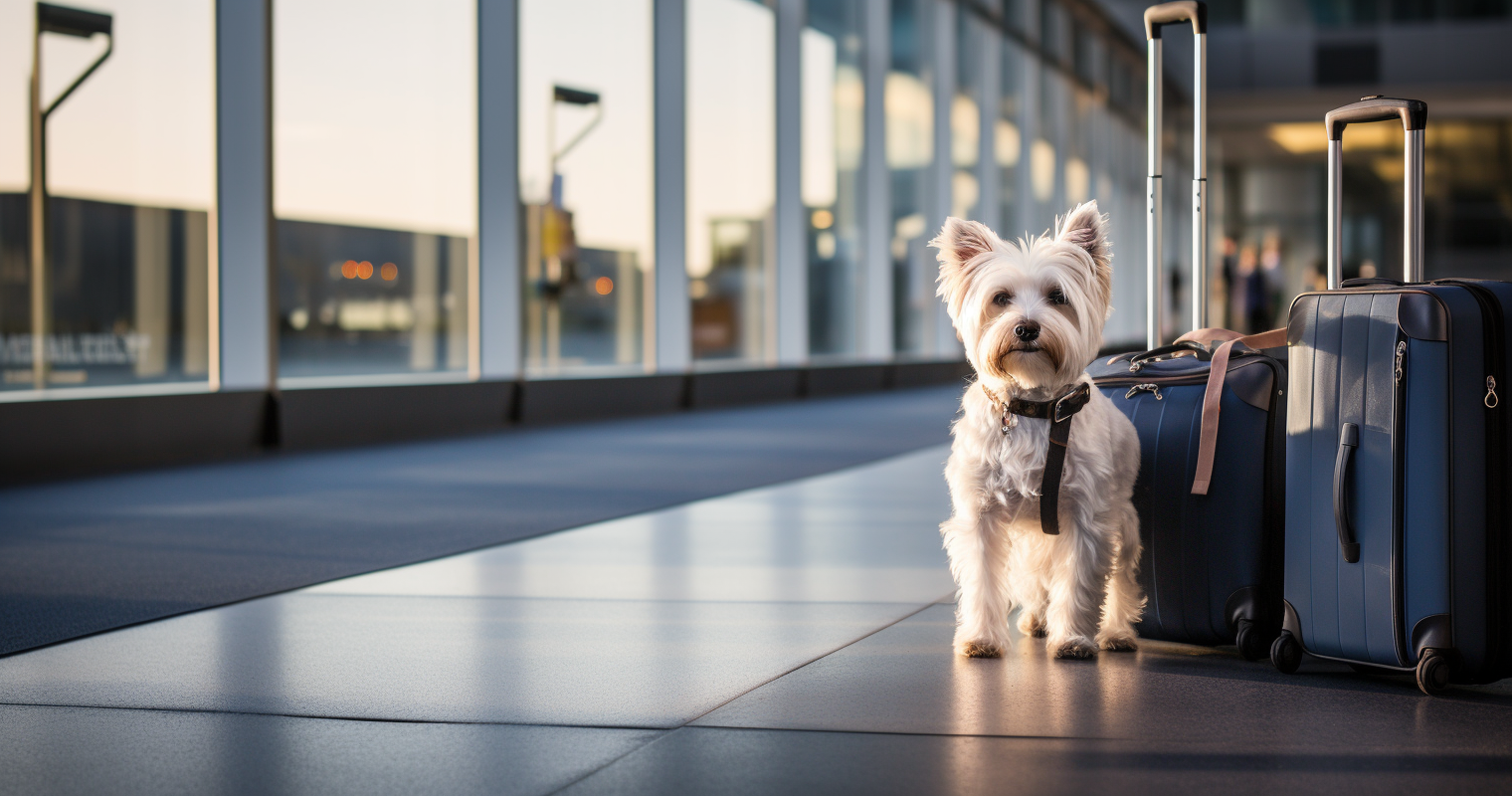This article provides information on importing pets to the Netherlands, including restrictions, vaccination requirements, paperwork, quarantine, licensing, and relevant government websites.
Restrictions on importing pets to the Netherlands
The Netherlands allows the import of pets, but some restrictions apply. You can import dogs, cats, and ferrets from EU countries or non-EU countries that are part of the PETS travel scheme. However, importing other animals such as birds, reptiles, and rodents is subject to specific regulations and permits.
If you plan to bring exotic pets or non-conventional animals, you must check with the Dutch Food and Consumer Product Safety Authority (NVWA) for the requirements and permits. Also, pets from high-risk countries may face additional restrictions, such as proof of rabies vaccination, health certificates, and quarantine.
Vaccination Requirements
All pets imported to the Netherlands must have a valid European pet passport, which includes the pet’s identification, vaccination records, and health certificates. The EU pet passport must show proof of vaccination against rabies, which is mandatory for dogs, cats, and ferrets. The vaccination must be administered at least 21 days before the pet’s arrival in the Netherlands and must not be older than one year.
Furthermore, if you plan to import a puppy or a kitten, they must be at least 15 weeks old and vaccinated against rabies. You should also ensure that your pet is treated for ticks and tapeworms before travel, as this is also a requirement for entering the Netherlands.
Application procedure and paperwork
To import a pet to the Netherlands, you must follow specific procedures and complete the required paperwork. If you are traveling from an EU country or a PETS scheme country, you must obtain a European pet passport from your veterinarian. The pet passport must include the pet’s identification, vaccination records, and a health certificate issued by a veterinarian.
If you are traveling from a non-EU country or a high-risk country, you must follow additional procedures. You must obtain an official health certificate from a government-approved veterinarian in the country of origin. The health certificate must include information about the pet’s health status, vaccination records, and microchip identification. You must also ensure that your pet is microchipped and that the microchip meets ISO standards.
Additionally, you must notify the NVWA by completing an online notification form at least 48 hours before the pet’s arrival in the Netherlands. The NVWA will verify your paperwork and may require additional documents or inspections, depending on the circumstances.
Quarantine Requirements
If you are importing a pet from a high-risk country, the NVWA may require the pet to undergo quarantine for a certain period. The quarantine period varies depending on the pet’s species, health status, and country of origin. The quarantine must be performed at an approved quarantine facility in the Netherlands, and the owner must bear the associated costs.
However, if your pet meets all the requirements and has the necessary paperwork, they can enter the Netherlands without quarantine. It is essential to ensure that you have all the required paperwork before traveling to avoid any delays or quarantine requirements.
International travel schemes for pets
The Netherlands is part of the PETS travel scheme, which allows the free movement of pets between EU countries and some non-EU countries, including Australia, Canada, and the USA. If you are traveling from a PETS scheme country, you can use the EU pet passport to import your pet to the Netherlands.
However, if you are traveling from a non-PETS scheme country, you must follow specific procedures and requirements. You must ensure that your pet is vaccinated against rabies, microchipped, and has a valid health certificate issued by a government-approved veterinarian. You may also need to obtain additional permits and complete customs declarations.
It is advisable to check with the relevant authorities in your country of origin and the Netherlands for the specific requirements and procedures for importing pets.
Licensing Requirements
In the Netherlands, there is no specific license requirement for owning a pet. However, certain breeds of dogs are subject to breed-specific legislation (BSL), which restricts or bans the ownership of certain breeds, including American Staffordshire Terriers, Pit Bull Terriers, and related breeds.
If you own a dog that falls under the BSL, you must comply with the specific regulations and requirements, such as muzzling, leashing, and obtaining liability insurance. It is advisable to check with the local authorities in your area for the specific regulations and requirements.
Relevant Government Websites
The NVWA is the primary government agency responsible for regulating and overseeing the import of pets to the Netherlands. The agency provides useful information and guidelines on the requirements and procedures for importing pets to the Netherlands.
The NVWA website includes information on vaccination requirements, paperwork, quarantine, permits, and other regulations. You can also find information on the specific requirements for importing dogs, cats, ferrets, and other animals.
To access the NVWA website, visit https://www.nvwa.nl/onderwerpen/huisdieren-dieren-en-dierenproducten/honden-katten-en-ferrets/huisdieren-naar-nederland.
If you are planning to move to the Netherlands with your pet, it is essential to familiarize yourself with the import regulations and requirements. The Netherlands allows the import of pets, but certain restrictions and procedures apply, depending on the pet’s species, health status, and country of origin.
To ensure a smooth and hassle-free import process, you must obtain the necessary paperwork, including a valid European pet passport, health certificate, and vaccination records. You should also ensure that your pet is microchipped and treated for ticks and tapeworms before travel.
If you are traveling from a non-EU country or a high-risk country, you may face additional requirements, such as quarantine and permits. It is advisable to check with the relevant authorities in your country of origin and the Netherlands for the specific requirements and procedures.
By following the regulations and requirements, you can ensure the safe and comfortable travel of your furry friend and enjoy your new life in the Netherlands.

